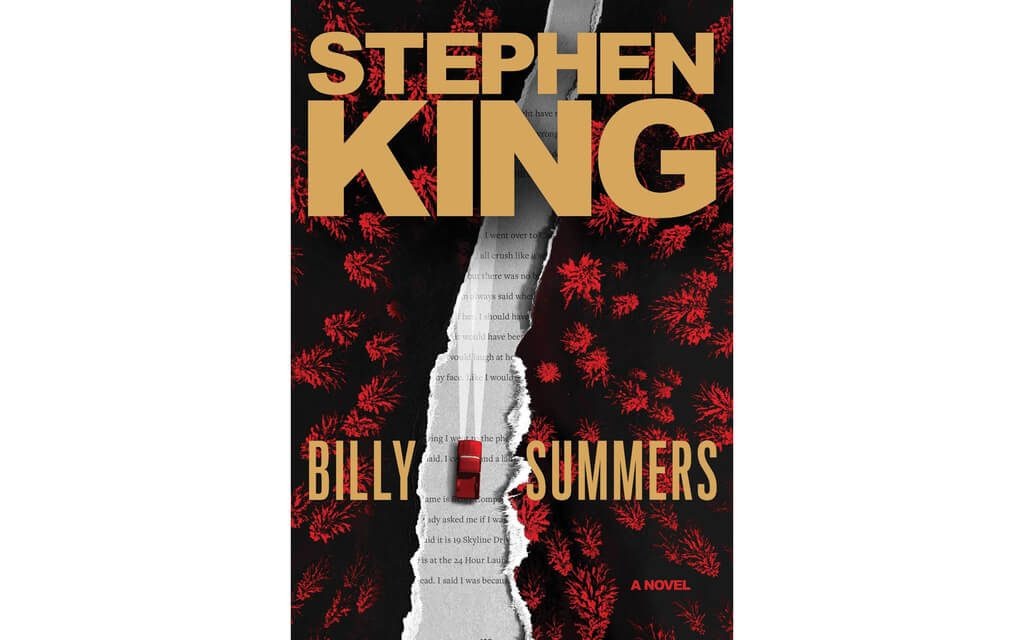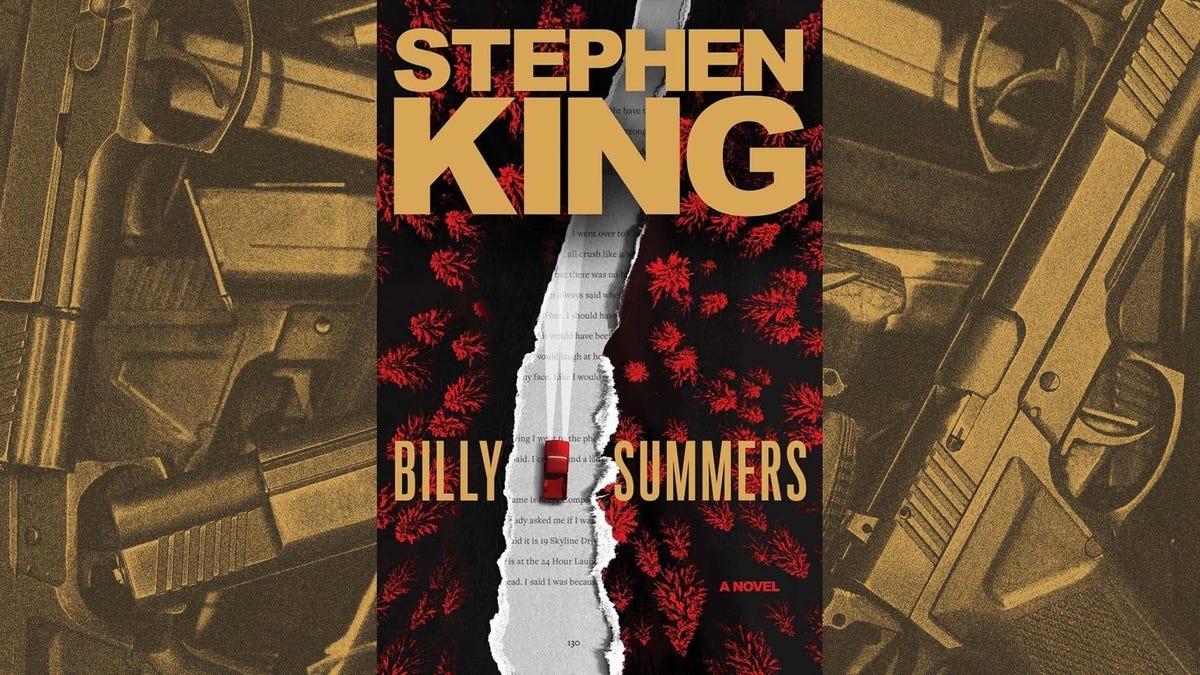Stephen King, after fifty years of a highly successful career, is embarking on a new and intriguing path with his latest novel, Billy Summers. Despite the presence of common literary obstacles such as revenge, a heroic author, an unlikely friendship, trauma, and justice, King’s commitment to realism and his intense, almost meditative portrayal of the protagonist sets this work apart from his previous series.

At the start of the book, Billy Summers, a former military sniper turned executioner at the age of 44, reluctantly agrees to complete one final job. Despite only dealing with unsavory individuals (he sees himself as a “trash collector with a gun”), Billy is tired of the loneliness and rudeness that come with his profession, as well as the dull and complicated persona he adopts to divert attention from his dangerous clients. The payout for this last mission is astronomical, and the target certainly deserves their fate, but what truly convinces Billy to take on the task is the cover story: he must pose as a writer renting a room in an office building to finish his debut novel.
The criminal who hired Billy sees irony in the situation due to Billy’s “stupid mask”, but Billy, who secretly admires Emil Zol and Tim O’Brien, is drawn to the idea of writing his own story on paper. As he delves into his traumatic past, his facade becomes more and more real to him. Despite immersing himself as “Dave”, a future renowned American novelist with no sense of guilt, engaging in “monopoly” with his neighbors and drinking with a woman from his office building, he senses that there is more to this work than he has been told. And, as expected, the blow is only the beginning of the action.

The sharp cadence of the initial section of Billy Summers will be familiar to those who have read 11/23/63, where the protagonist also carries a hidden agenda that is intertwined with the community, despite his deception of those around him. However, as this novel centers around a hired gun, the rough edges are quickly smoothed out and persist throughout most of the story. King’s trademark talents in the realm of suspense and action are showcased in various thrilling scenes, including “the swift triumph of the original,” but this book also expands upon his literary aspirations. Much of Billy’s own writing is featured within the pages, providing readers with a deeper understanding of the main character. And as Billy transitions from his chrysalis to his outward persona with ease, his inner self becomes more apparent through his reflections on his past experiences and the stories he shares about himself. While Billy may only take the lives of villains, he is still the one who finishes them. Can someone who takes the lives of others be considered good?

“Misery”, “The Dark Half”, “Lizy’s Story”, and “The Shining” all feature writers as characters, but their profession is either unintentional or harmful. In contrast, Billy Summers embodies the power of storytelling as a source of inspiration. According to King, when we take charge of our own narratives, we can find healing, hope, and even a deeper truth beyond reality. These poignant ideas serve as a somber contrast to the impact of this thought-provoking thriller.

